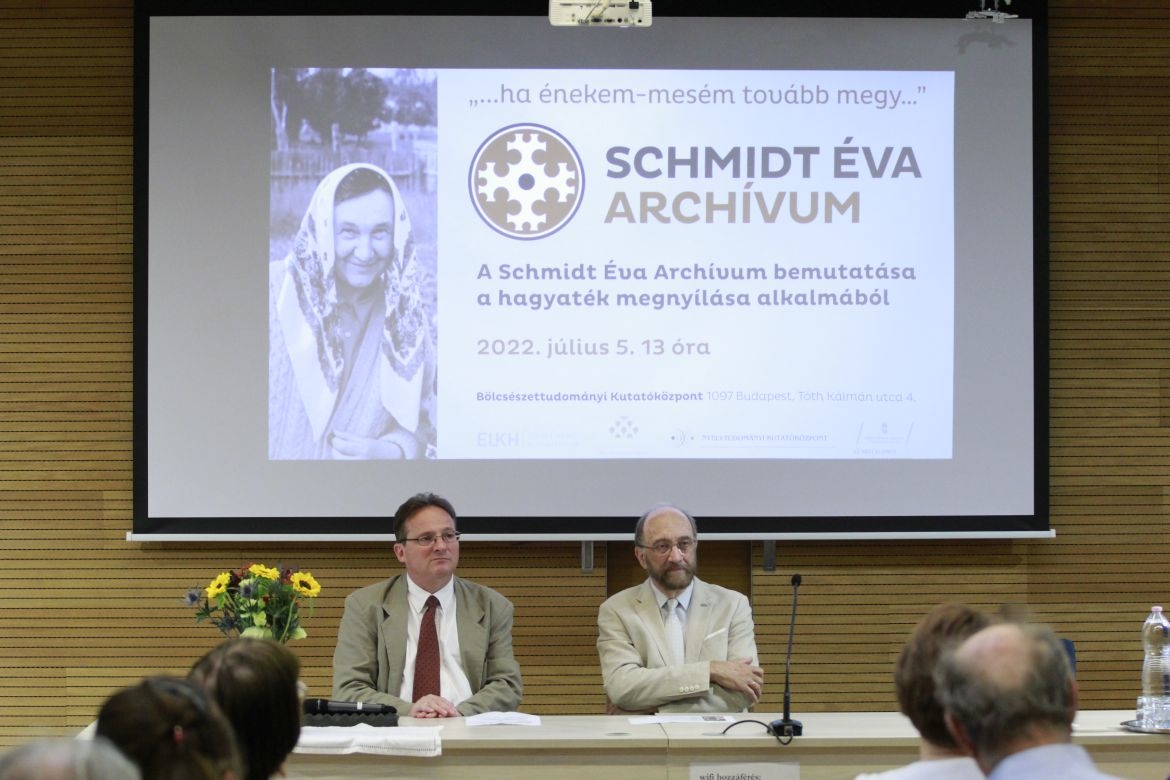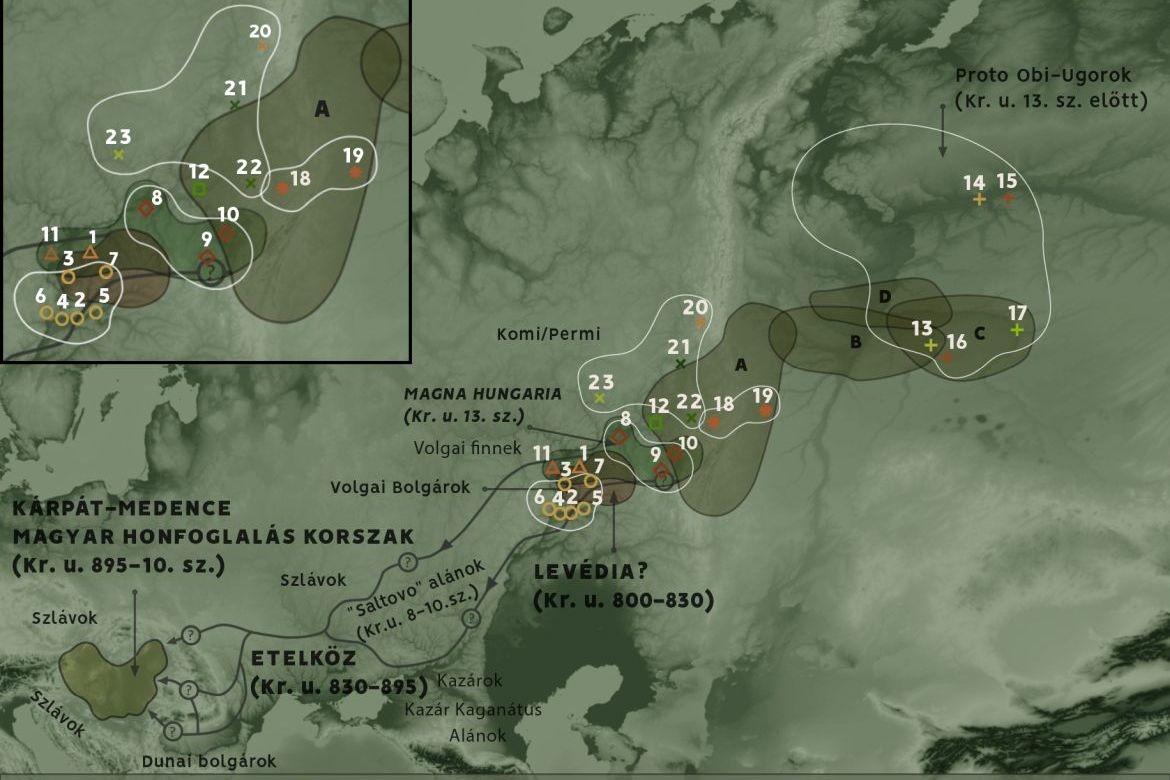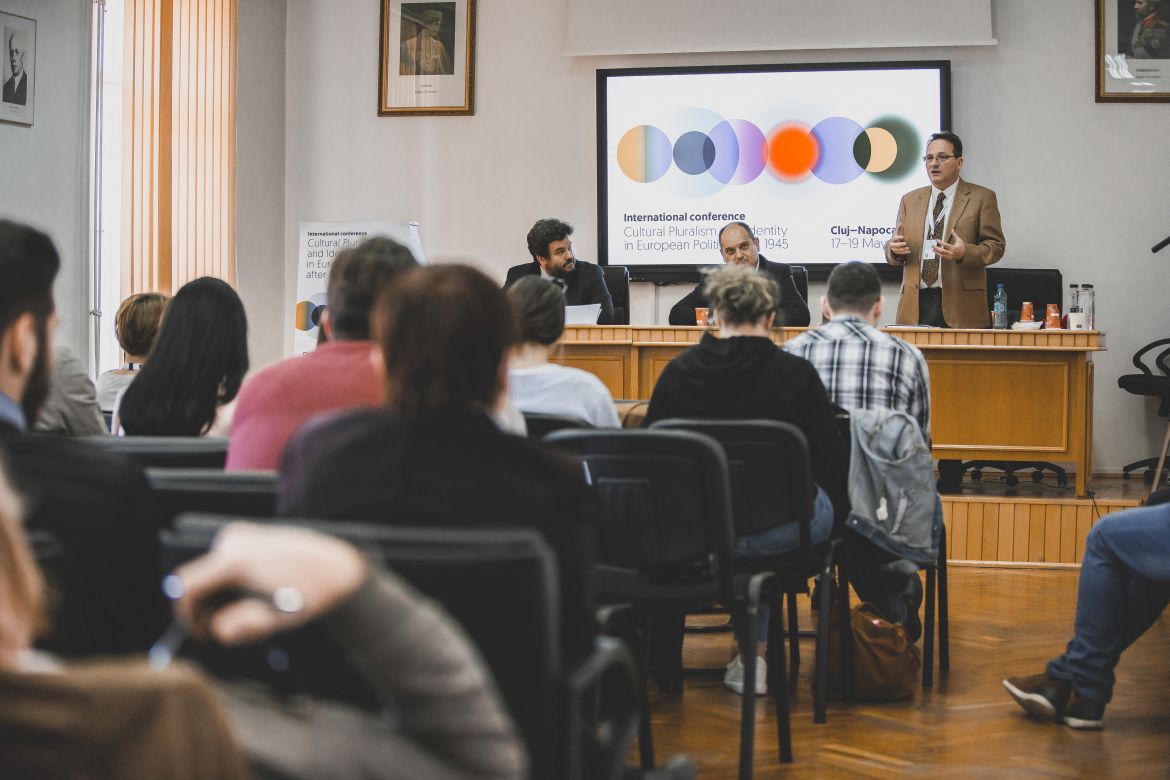
Researchers of the ELKH Research Centre for the Humanities (RCH) and the ELKH Research Centre for Linguistics (NYTK) launched two projects involving the scientific processing of the legacy work of linguist and ethnographer Éva Schmidt in 2022. She was an outstanding researcher of the Obi-Ugric people and languages leaving behind a very rich legacy, however she had placed an embargo on her collections for 20 years before she died. The aim of the researchers involved in the projects is to organize and publish her legacy in the language of the original collections, as well as in Hungarian, English and Russian translations, on a multilingual website.

As part of the most recent archaeogenetic research into Hungarian prehistory being conducted at the Institute of Archaeogenomics of the ELKH Research Centre for the Humanities (BTK), experts examined burial sites found along the presumed migration route of the Hungarians from various – archaeological, historical, and geographical – perspectives that could link them to these early Hungarians.

From 18 to 20 May 2019, the Babeș-Bolyai University of Cluj hosted the Warsaw-based European Network of Remembrance and Solidarity conference, this time entitled Cultural Pluralism and Identity in European Politics after 1945.
Page 16 of 25